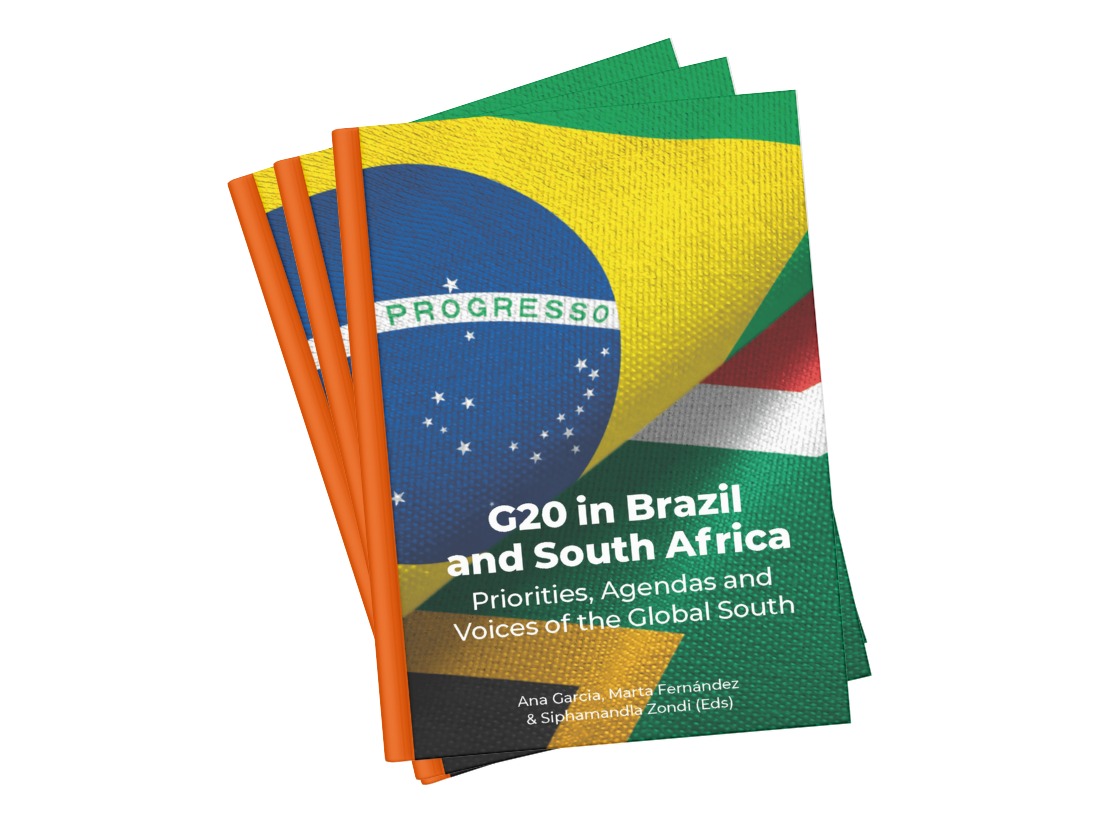
G20 in Brazil and South Africa: Priorities, Agendas and Voices of the Global South
With the transition to multipolarity accelerating and revealing its contours, fundamental questions about the implications of this shift for multilateral governance are gaining urgent relevance. Although the governance structures of the Bretton Woods system are obsolete, solutions to international problems continue to require robust international cooperation. Public policy regimes in trade and investment, international financial architecture, climate action, and digital technologies are central to addressing current and future international challenges.
After decades of adaptation and reform efforts, countries in the Global South continue to demand more inclusive and effective multilateral governance for development. Governance that facilitates the transition to multipolarity by enabling a response to the interconnected crises that shape the current international landscape.
In this context of transformation, the moment is opportune for countries of the Global South to assert their leadership, articulating principles, values, and ethical frameworks for a renewed multilateralism focused on sustainable and equitable development. Following the historical sequence of presidencies from the Global South – Indonesia, India, Brazil, and South Africa – countries of the South have been given an opportunity to influence the international agenda and advance visions for reforming global governance for development.
It is within this scope that the book “G20 in Brazil and South Africa: Priorities, Agendas and Voices of the Global South” is situated. It fills an important gap in the literature by gathering and recording perspectives from the Global South relevant to the G20 presidencies of Brazil (2024) and South Africa (2025) on various relevant international agendas.
Download
